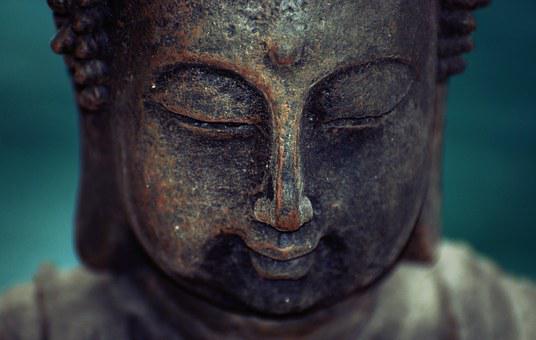The traditional summer session of the Ecumenical Activities Secretariat took place in Assisi at the end of July
In the last week of July, the annual meeting of the Secretariat for Ecumenical Activities (SAE) was held in Assisi, which was attended by various Christian confessions: Orthodox, Evangelicals (Catholics, Waldensians, Methodists and Adventists), with the presence of the Jewish community.
It was not only an occasion for ecumenical discussion but it was an attempt to reflect together on the challenge of Christian preaching and witness in an age as complex as the one in which all our churches live. The title of the conference already explains what the purpose of all the days of work was: «In dark times, dare to hope». The basic question was precisely this: how to be effective witnesses of hope in Christ in the difficulties of the present time. The speakers, from every Christian confession, who took turns presented the question starting from different points of view but, all tried to base their relations starting from the biblical message, so it was also done in the biblical meditations every morning.
Our age is characterized by a succession of rapid changes who find the Christian churches unprepared, in difficulty in modifying the modalities of their own witness. The same terms of faith such as: hope in Christ, sin, justice no longer have the public significance that instead characterized past generations. It is a question of the need to review our answers on the basis of the questions of today’s men and women who, while keeping alive a demand for spirituality and faith, have to face very concrete extreme difficulties. How, then, can we say hope in Christ in the time of disillusionment? One of the biblical texts on which we reflected was that of Job 30, 26: he hoped for good, but evil came; I was waiting for the light, but darkness has come.
There have probably never been just bright times and the sense of the crisis has characterized every generation of believers, but today we have fallen into disillusion; many were convinced that peace and justice would be possible for all thanks to well-being and progress. Today, however, here is the darkness while we were hoping for the light! The term crisis, understood as judgment and change, has summarized the current era well: energy, ecological, food crisis, social and health crisis, armed conflict in Europe, political crisis with the decline of public consensus towards representative democracy. Crisis therefore, to symbolize a dark time. How to answer? How to participate in the effective construction of hope?
Of course, the solution or a single answer was not found but everyone and everyone shared the need to return to theology, to study and confrontation on biblical texts, to the “hard work” of reflecting on the questions that are strongly posed to faith. Christian in view of a newfound confidence.
But nobody saves himself alone! The ecumenical journey effectively proposed by the SAE cannot be set aside and ignored by the churches, only together can we find strength and hope to respond to our common vocation So these were days of study, worship, song and prayer, thanks to the group on prayer and Christian liturgy today, led among others by pastor Michel Charbonnier. The convivial moments of the conference allowed, again, to get to know each other, to meet again and to forge new relationships. This communion is essential for a common study of the Bible.
His brother Paolo Naso then entertained the conference attendees with an evening of songs and texts dedicated to Martin Luther King. This moment too was a source of inspiration: we cannot stop fighting for justice because without justice there is neither peace nor hope. A final applause goes to the new president Erica Sfredda who, together with the members of the Executive Committee of the SAE, conducted the study session in an effective and fraternal way. All and all the participants are left with the question on the effective witness of faith in dark times, the question of a living hope, the challenge to live the vocation in the here and now and the importance of walking together between different churches in the complex ecumenical relationship.

